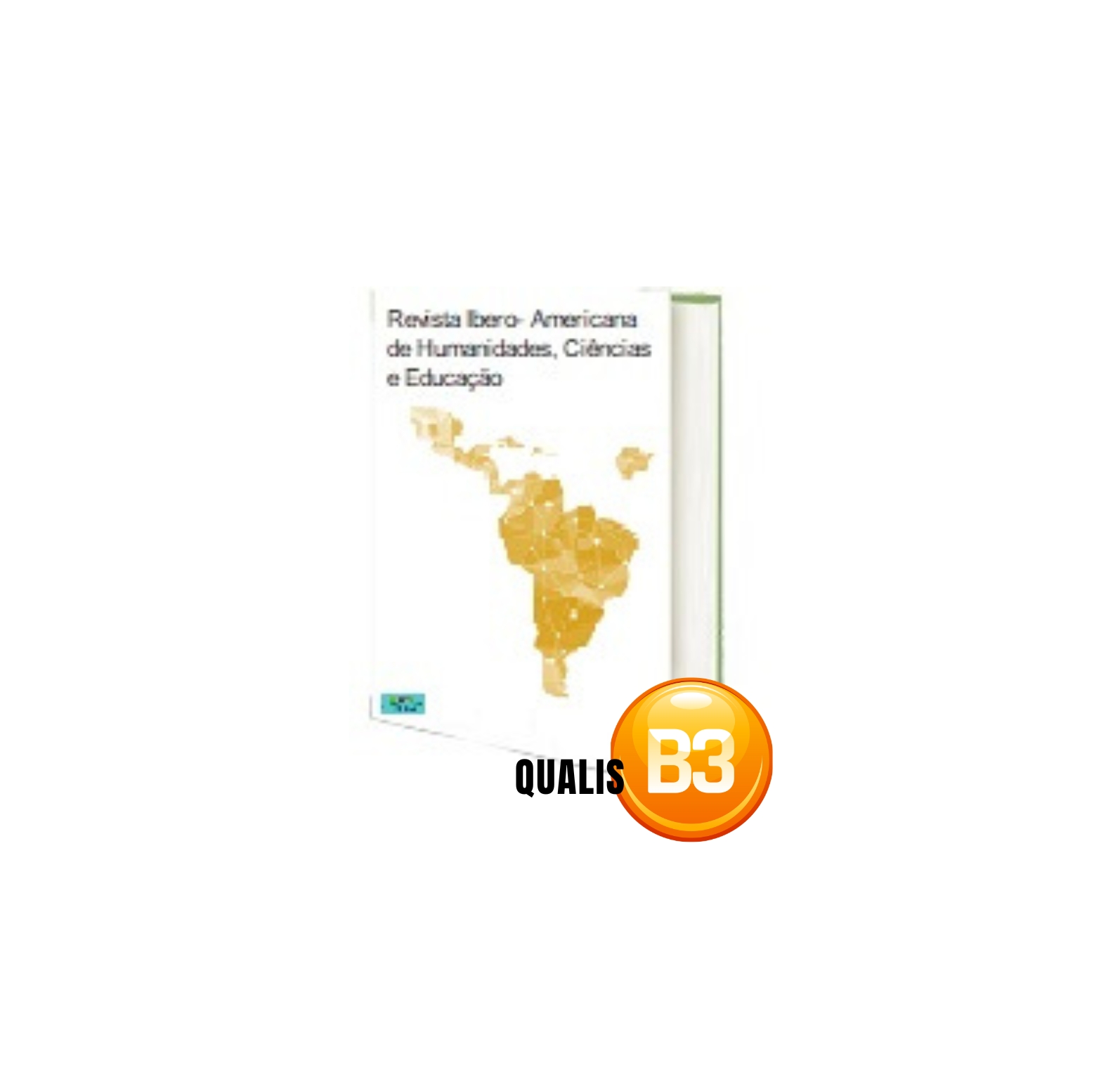IMPACTS OF DETERGENTS ON THE ENVIRONMENT: EVIDENCE FROM AN ECOTOXICOLOGICAL STUDY
DOI:
https://doi.org/10.51891/rease.v9i2.8883Keywords:
Plant bioassays. Ecotoxicology. Eisenia fetida. Plant models. Water pollution.Abstract
The present study aimed to evaluate the acute toxicity of a commercial detergent using the model organism Eisenia fetida, as well as its effects on the germination and development of lettuce (Lactuca sativa L.) and corn (Zea mays L.) seedlings. Four concentrations of the detergent (1, 2, 4, 8 g/L-1) were evaluated following OECD 207, OECD 208, and ISO 18763:2016 protocols. The results showed that the detergent presents acute toxicity to Eisenia fetida, with significant mortality at concentrations of 4 and 8 g/L-1. Other effects such as inflamed clitellum and expulsion of celomic and sanguineous fluid were also observed. In the evaluation of the detergent's effect on the germination of Lactuca sativa and Zea mays seeds, a significant reduction in germination percentage and germination speed index was noted at concentrations of 1 to 8 g/L-1, with the highest concentration resulting in a drastic reduction in the germination of the Zea mays plant model. In both cases, a dose-dependent relationship was observed, i.e., the higher the concentration of the detergent, the greater the toxic effect on the evaluated organisms. Regarding the initial development of Lactuca sativa seedlings, a significant reduction in root and shoot length was observed at all evaluated concentrations. For the Zea mays plant model, a reduction in these parameters was observed from a concentration of 2 g/L-1. These findings highlight the importance of carefully evaluating the environmental impacts of chemical products, including commercial detergents, to minimize potential risks to human health and biodiversity.
Downloads
Downloads
Published
How to Cite
Issue
Section
Categories
License
Atribuição CC BY

